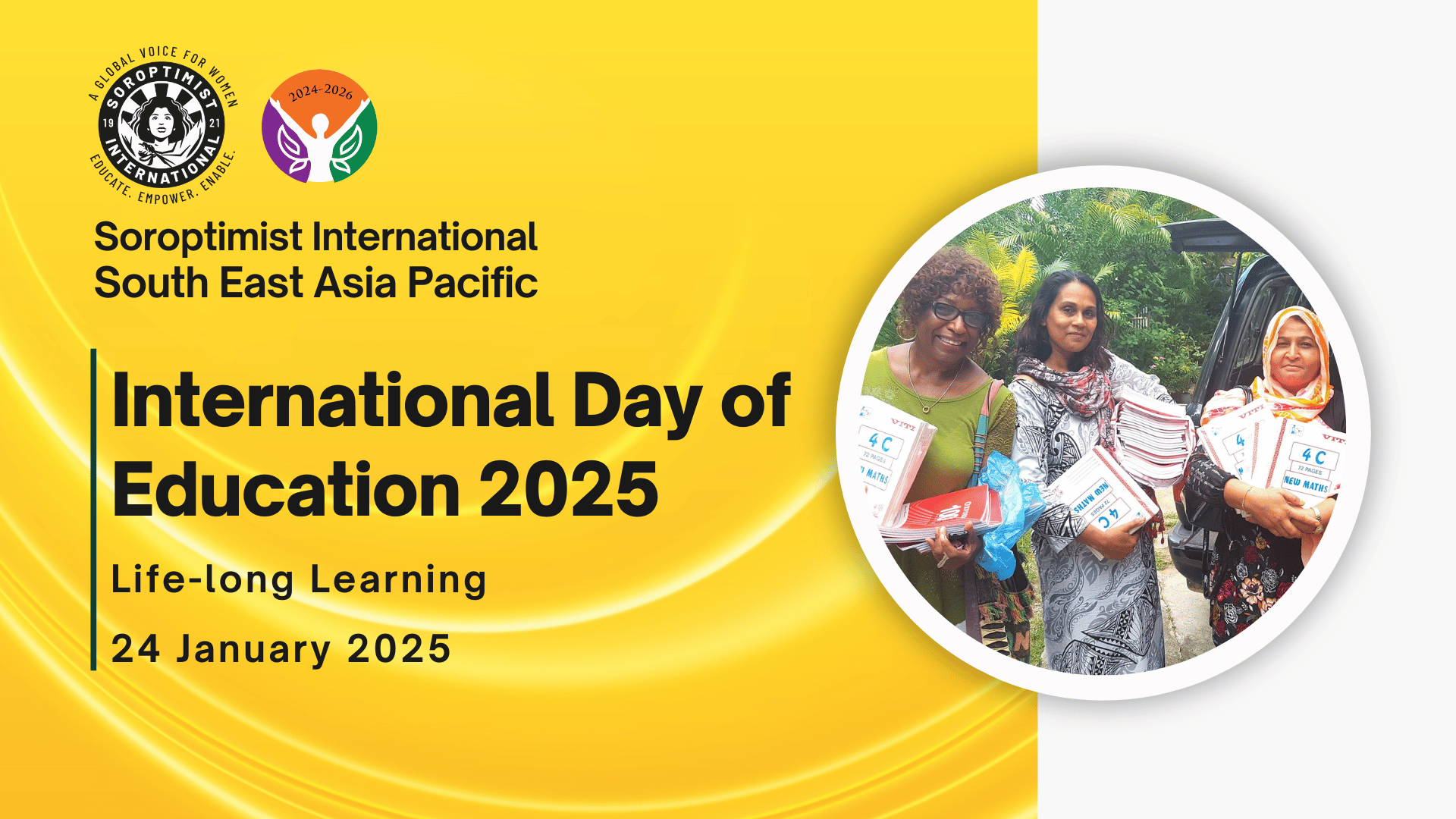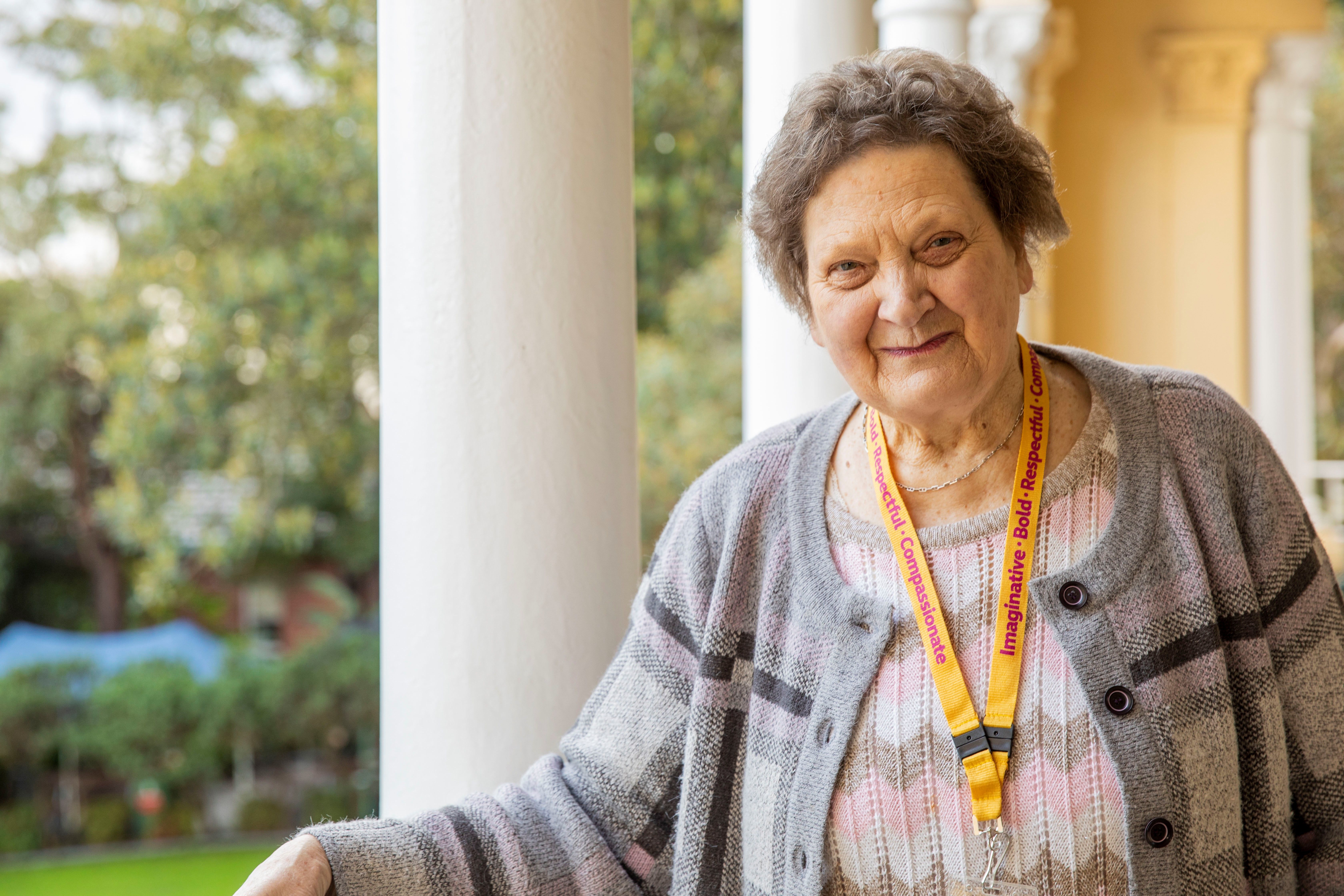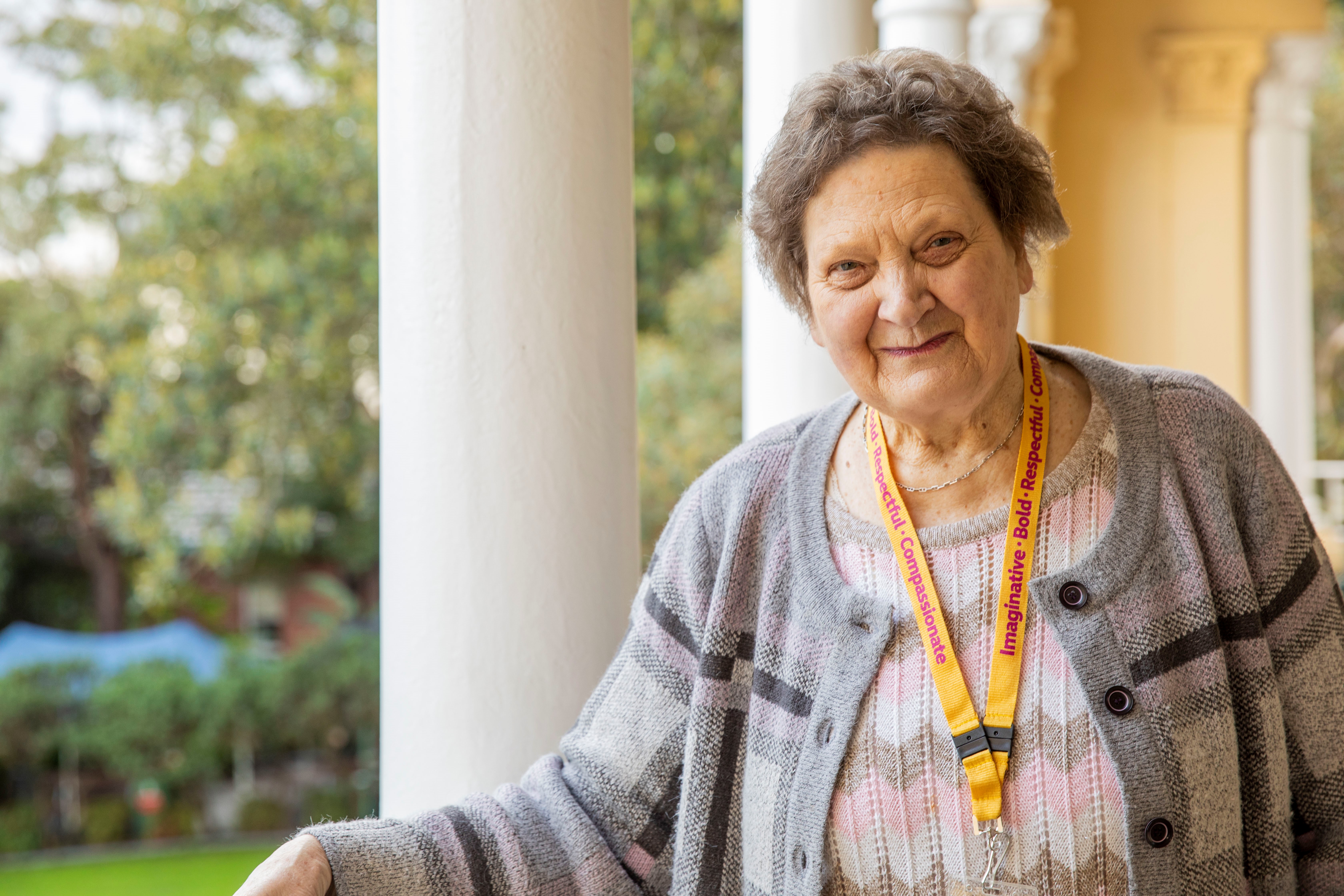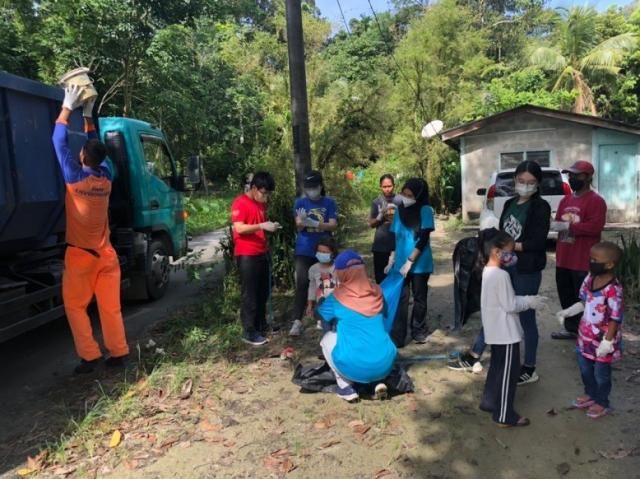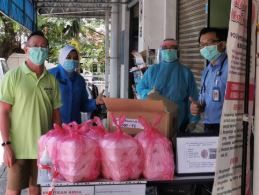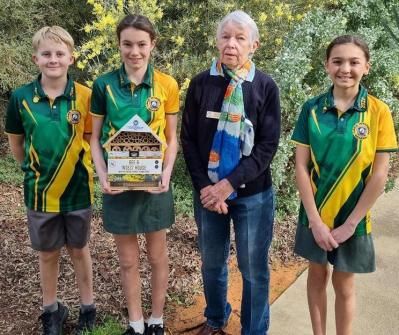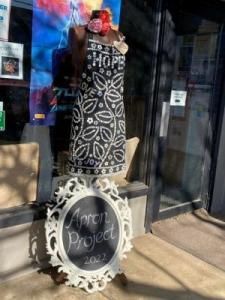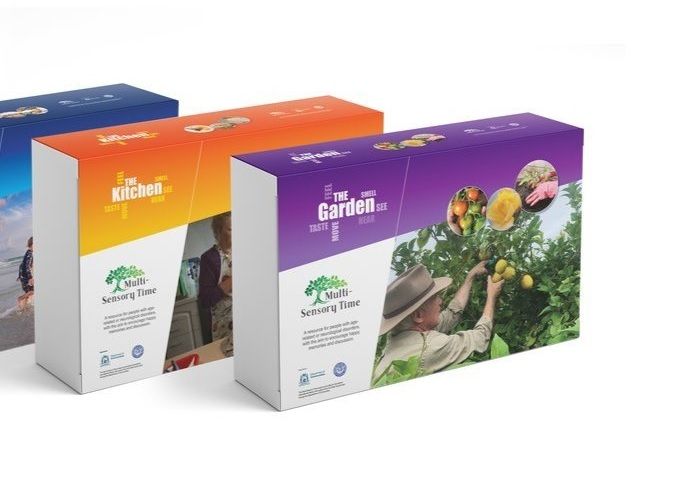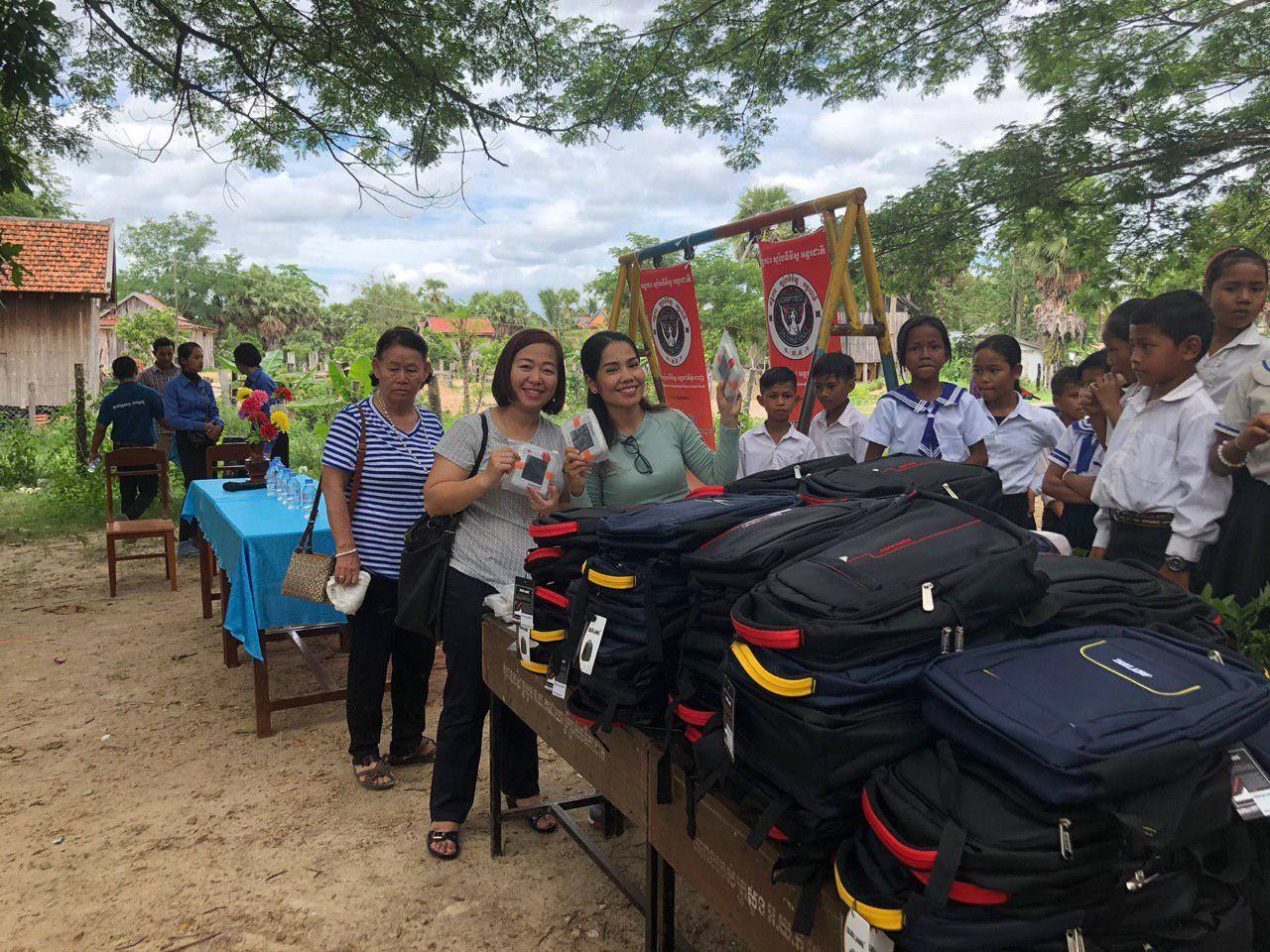Lifelong Learning Education Day 2025
Programme Convenor Dr Donnell Davis discusses Life Long Learing in this blog on Education Day 2025
pdf To download a pdf version of this story and additional informaiton CLICK HERE (1.05 MB)
UN Education Day on 24 January is celebrated every year by Soroptimist International South East Asia Pacific, and this year our theme is Lifelong Learning. Education is a strong pillar of our global mandate for Soroptimist International to educate, empower and enable, and operationally a specific objective for our South East Asia Pacific federation. The sustainable development goals include: SDG 4 for formal education, SDG 8 for decent work, and others.
The concept of lifelong learning has evolved since the 1980s and in summary, is defined simply as ‘the self-motivated pursuit of formal or informal knowledge and skills for personal and professional development’. It follows that gaining those attributes may be found anywhere from early education, primary or secondary formal schooling, life-skills, vocational or community education. Professional bodies provide continuing professional and personal development catering for their membership. Furthermore, scope may include universities of the third age for retired people. This scope is one’s journey of choice into areas of interest and expertise. During our evolving working lives, we may experience as many as seven professions with the hunger for intellectual stimulation and for re-inventing oneself as a requirement for resilience. (McKenzie Research: 2024)
In Asia Pacific, the progress towards Sustainable Development Goals is monitored annually, illustrating regression or stagnation in most targets across the board since covid. (UNESCAP 2024) In SISEAP, we concentrate on 13 countries that fall into 2 sub-regions – the Pacific and South East Asia. In November 2024, UNESCAP proposed a future for education to be inclusive, green and digital, and fundedUN Education Day on 24 January is celebrated every year by Soroptimist International South East Asia Pacific, and this year our theme is Lifelong Learning. Education is a strong pillar of our global mandate for Soroptimist International to educate, empower and enable, and operationally a specific objective for our South East Asia Pacific federation. The sustainable development goals include: SDG 4 for formal education, SDG 8 for decent work, and others.
The concept of lifelong learning has evolved since the 1980s and in summary, is defined simply as ‘the self-motivated pursuit of formal or informal knowledge and skills for personal and professional development’. It follows that gaining those attributes may be found anywhere from early education, primary or secondary formal schooling, life-skills, vocational or community education. Professional bodies provide continuing professional and personal development catering for their membership. Furthermore, scope may include universities of the third age for retired people. This scope is one’s journey of choice into areas of interest and expertise. During our evolving working lives, we may experience as many as seven professions with the hunger for intellectual stimulation and for re-inventing oneself as a requirement for resilience. (McKenzie Research: 2024)
In Asia Pacific, the progress towards Sustainable Development Goals is monitored annually, illustrating regression or stagnation in most targets across the board since covid. (UNESCAP 2024) In SISEAP, we concentrate on 13 countries that fall into 2 sub-regions – the Pacific and South East Asia. In November 2024, UNESCAP proposed a future for education to be inclusive, green and digital, and funded . https://www.unescap.org/kp/2024/charting-new-paths-gender-equality-and-empowerment-asia-pacific-regional-report-beijing30
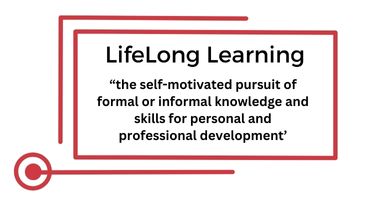
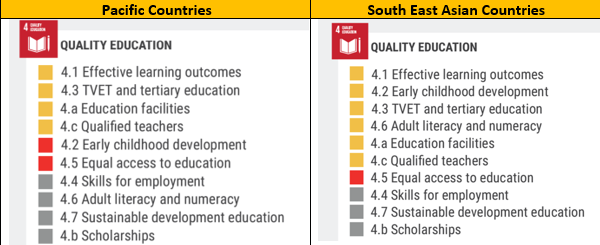
Even access to basic primary education is regressing for all children and more so for girls. (UNESCAP: B+30 review 2024). So, the opportunities for children, girls and women have an unstable foundation upon which to build resilience in life.
Across our countries there is significant variability from free education for all 4-year-olds in rich countries with government-supported systems, in stark comparison against lower developmental countries that are plagued with conflict or corruption where there is diminished commitment for basic human rights, economic stability, and resilience.
However, when we think of lifelong learning, we think of older girls and women re-entering education after early marriage, pregnancy and raising a family. Others escaping disasters or conflict need to learn different life skills, especially physical and mental health management for themselves and others. For entrepreneurial women, they seek economic empowerment skills for running small business, managing growth, navigating markets, excelling in innovation and embracing technology. These women demonstrate skills in leapfrogging in industry measured under SDG 9 – the only target to improve during covid in Asia Pacific.
When a child is educated the community benefits, when a community is educated the country benefits (GDP), when a country is educated the world benefits (SDGs).
SEAP Delivers in many ways
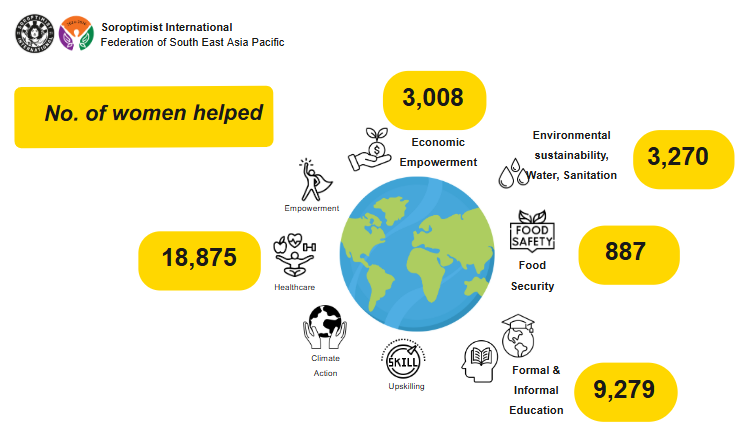
SISEAP reported Education impact for 2024
SISEAP provides donations, scholarships, bursaries, voluntary teaching hours, facilitating care centres, schools and safe learning environments, specific skills facilitation, and advocacy enabling governments to advance the opportunity and delivery of better educational outcomes. The following includes samples from our 8 objectives.
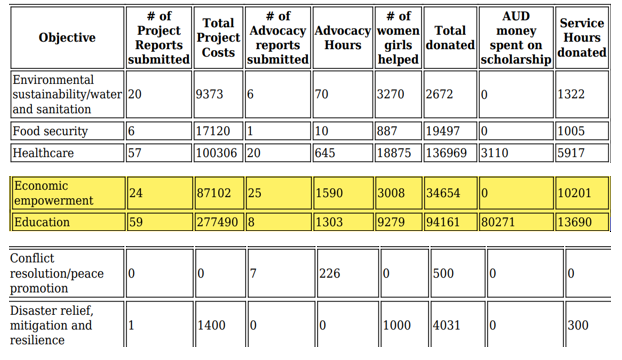
In SISEAP, many projects support vulnerable children, adolescents and women. Other ways include:
- scholarships, bursaries, to pursue educational outcomes
- donations for educational supplies, equipment, uniforms, breakfast and meals onsite
donations of technology/ access and connectivity - formal training for entrepreneurship education in life skills (if children were traded at a young age and adopted by the justice system)
- second chance education for young mothers re-education of widows or women escaping violence
- customised training for migrant and refugee women and girls, families
- re-training for older women who re-enter the workforce
- broad opportunities for green and digital education (STEM, Climate resilience)
- opportunities for older women to engage in society, paid work, academia, and community eldership.
-
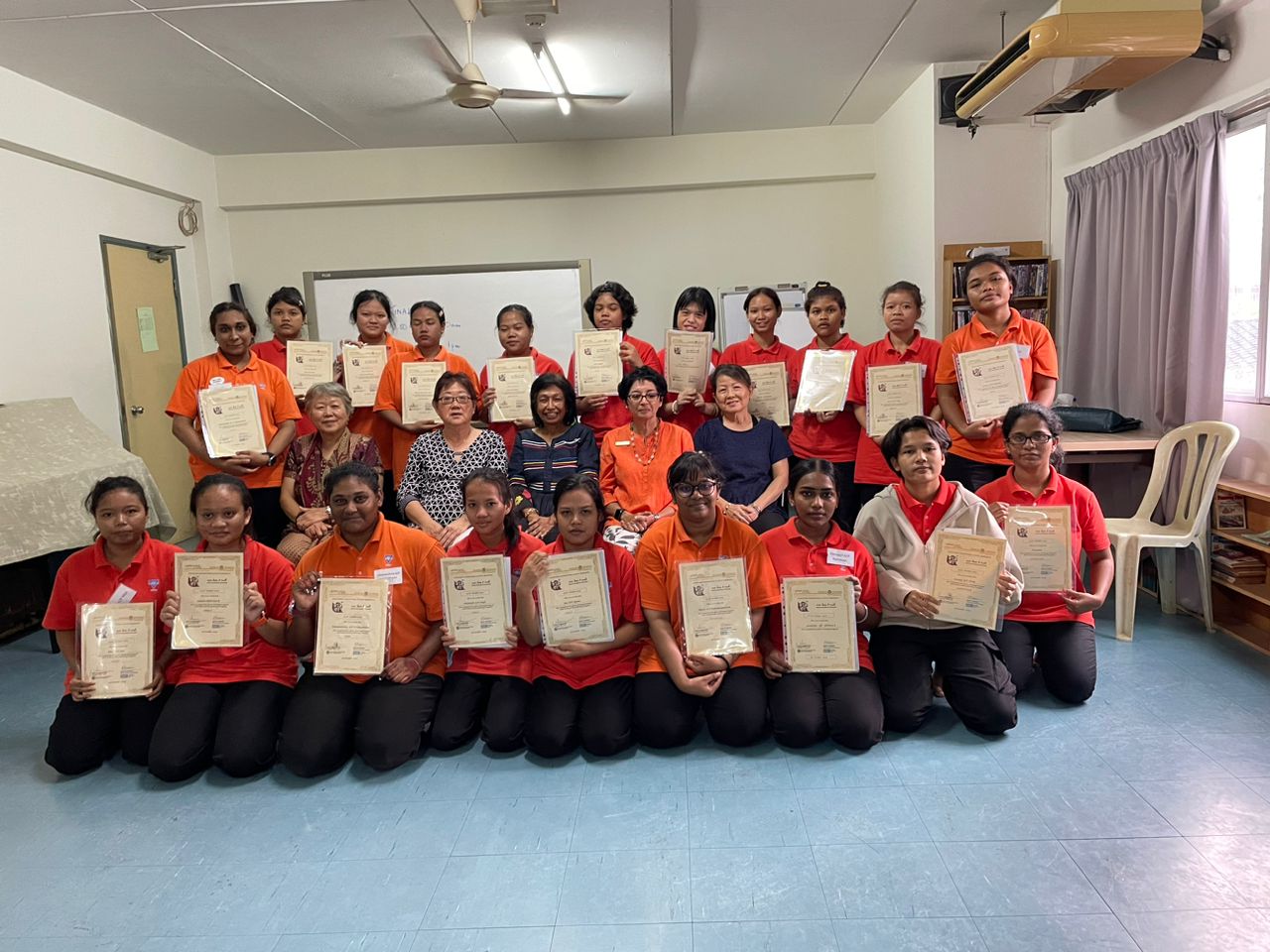
Life Skills - SI Damansara
-
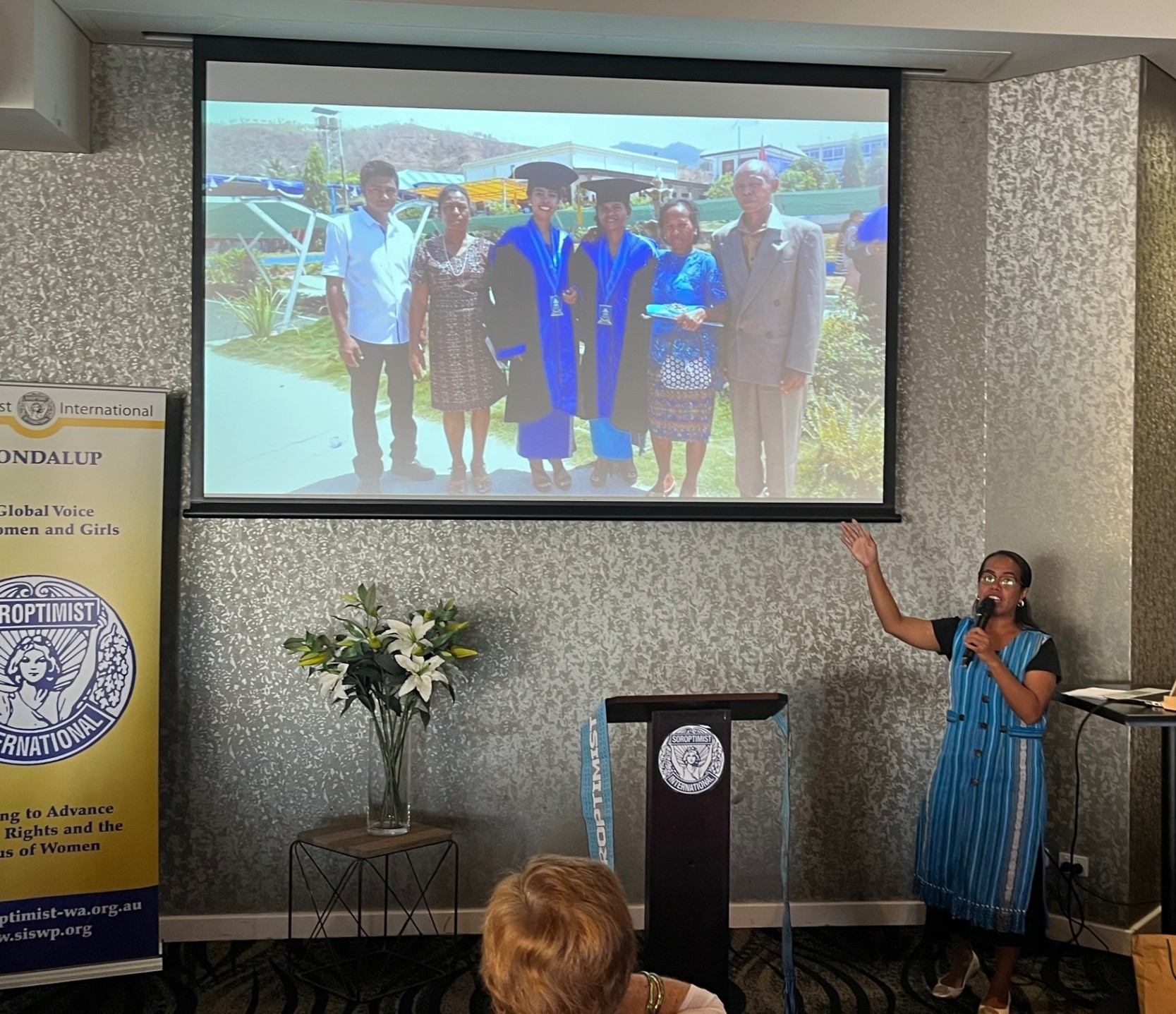
Upskilling Scholarships SI Joondalup
-
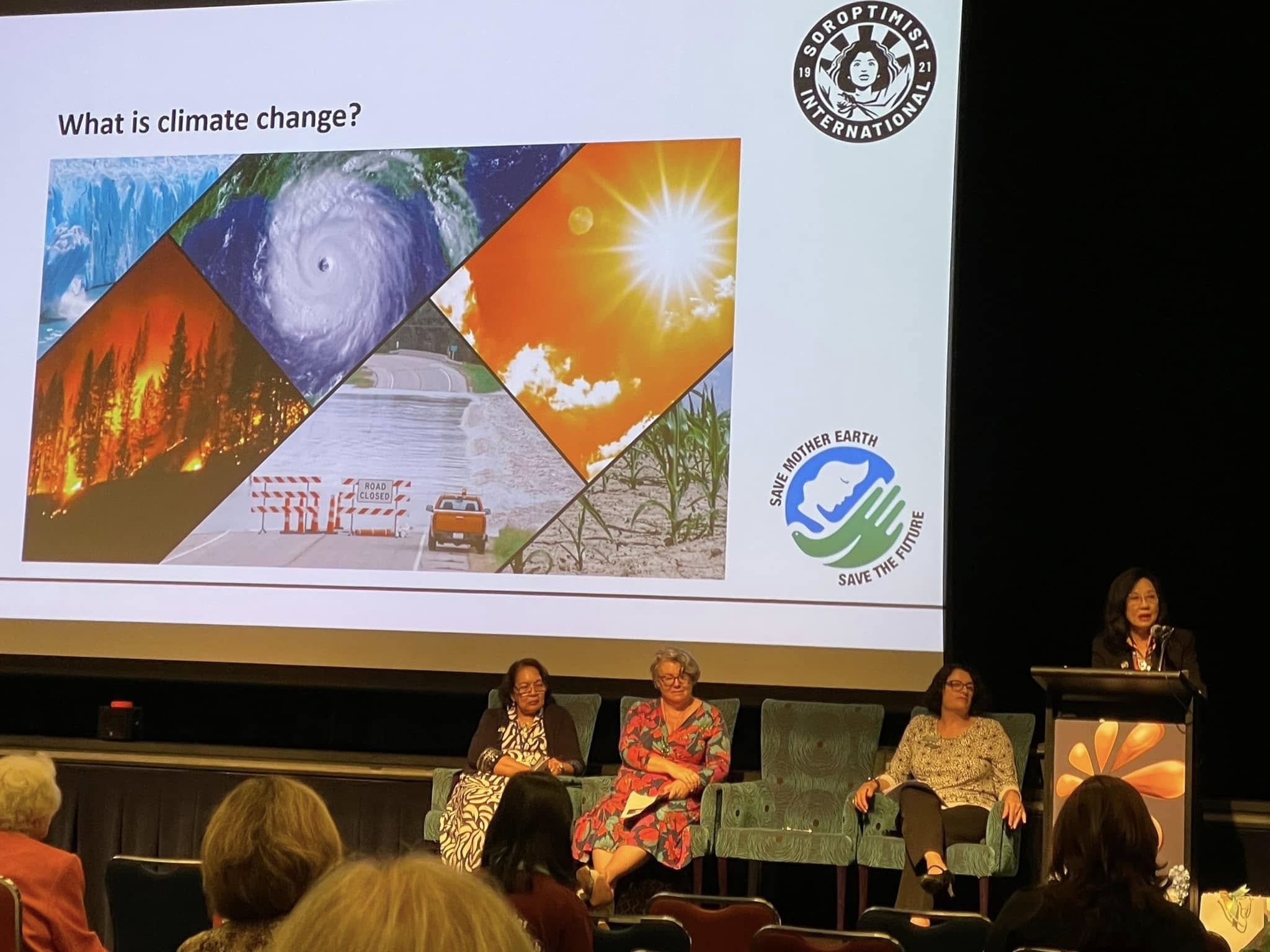
Climate Change Education
-
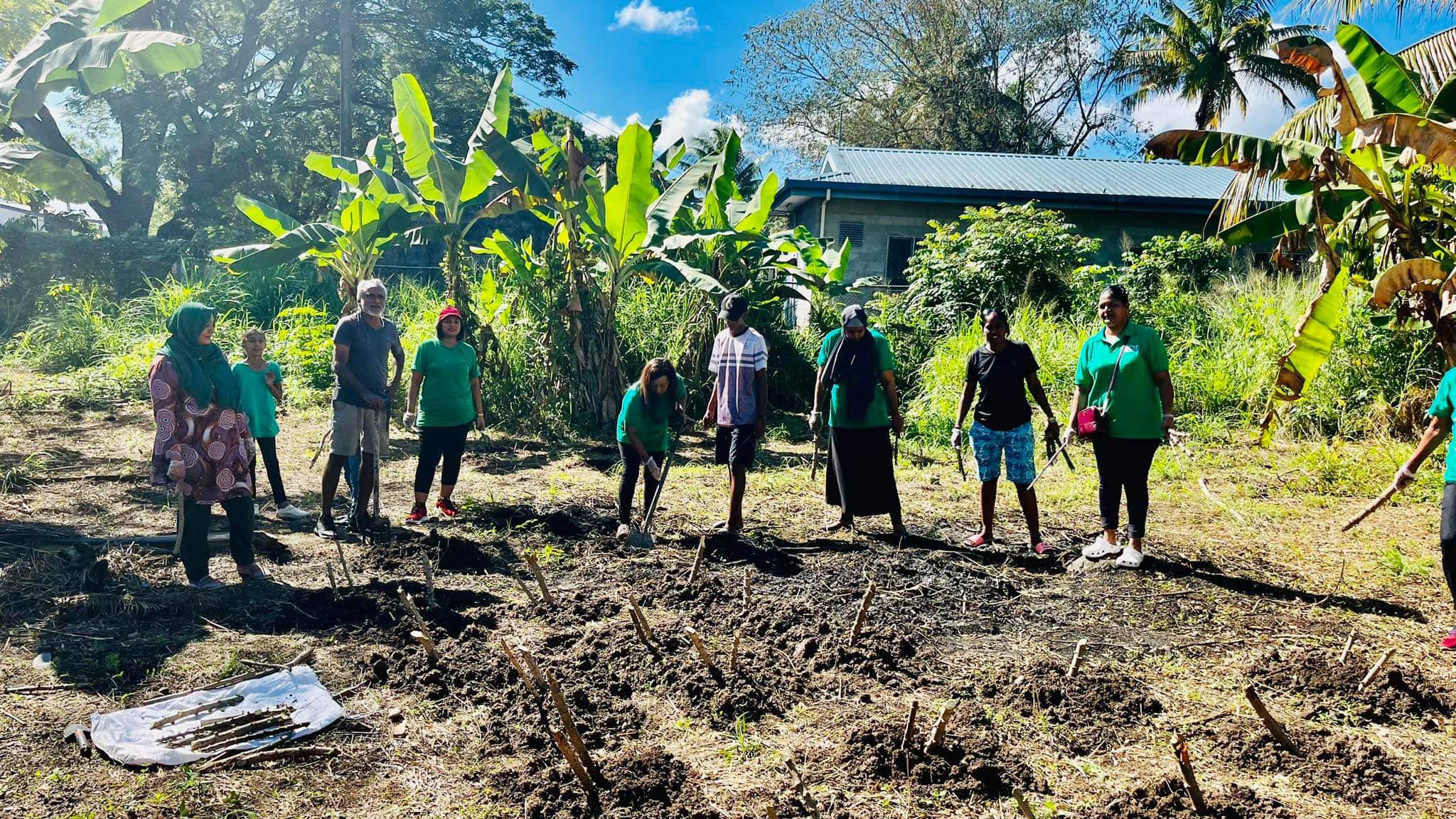
Foot Security Training SI Lautoka
-
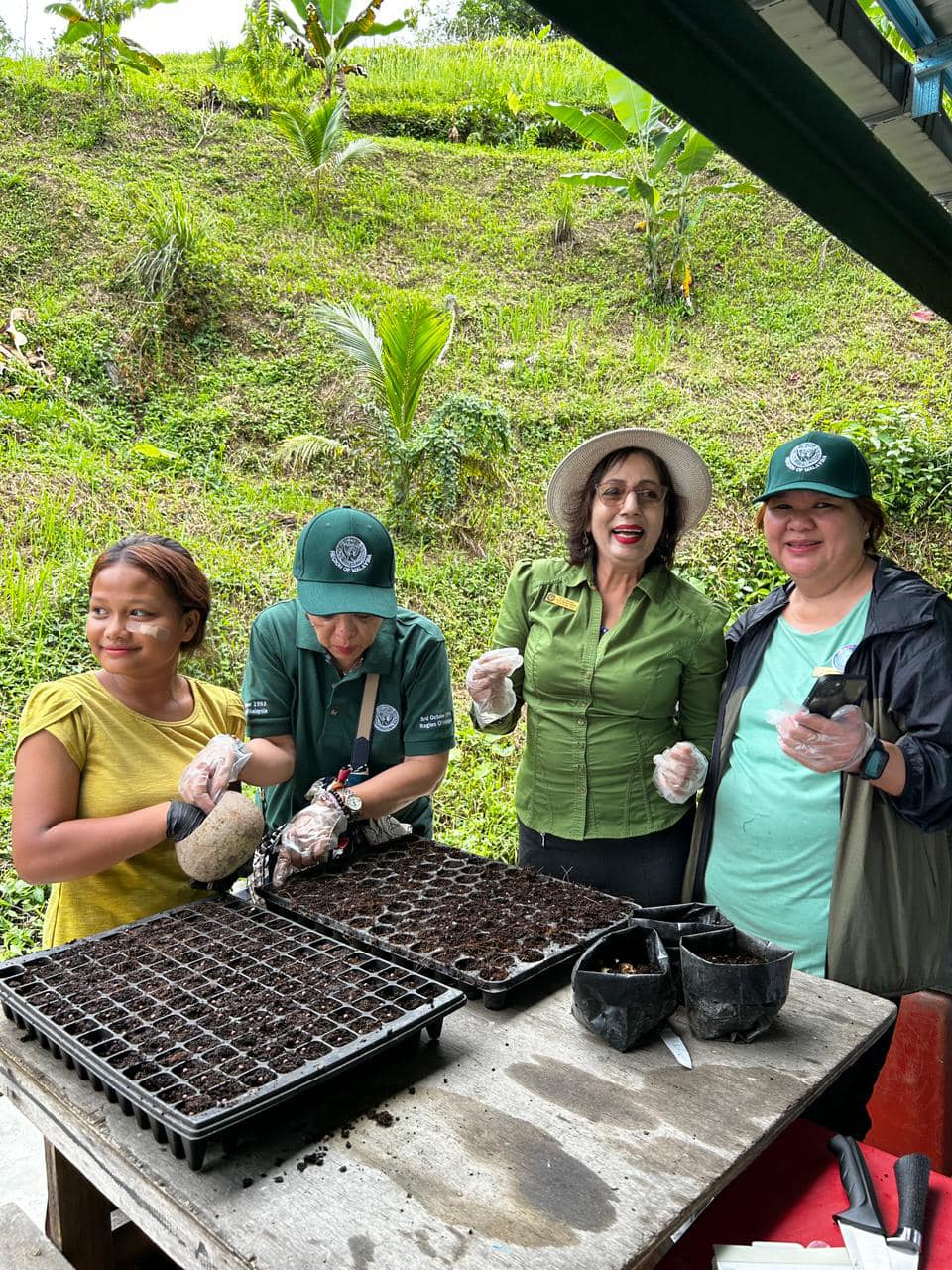
Food Security Training Region of Malaysia
-
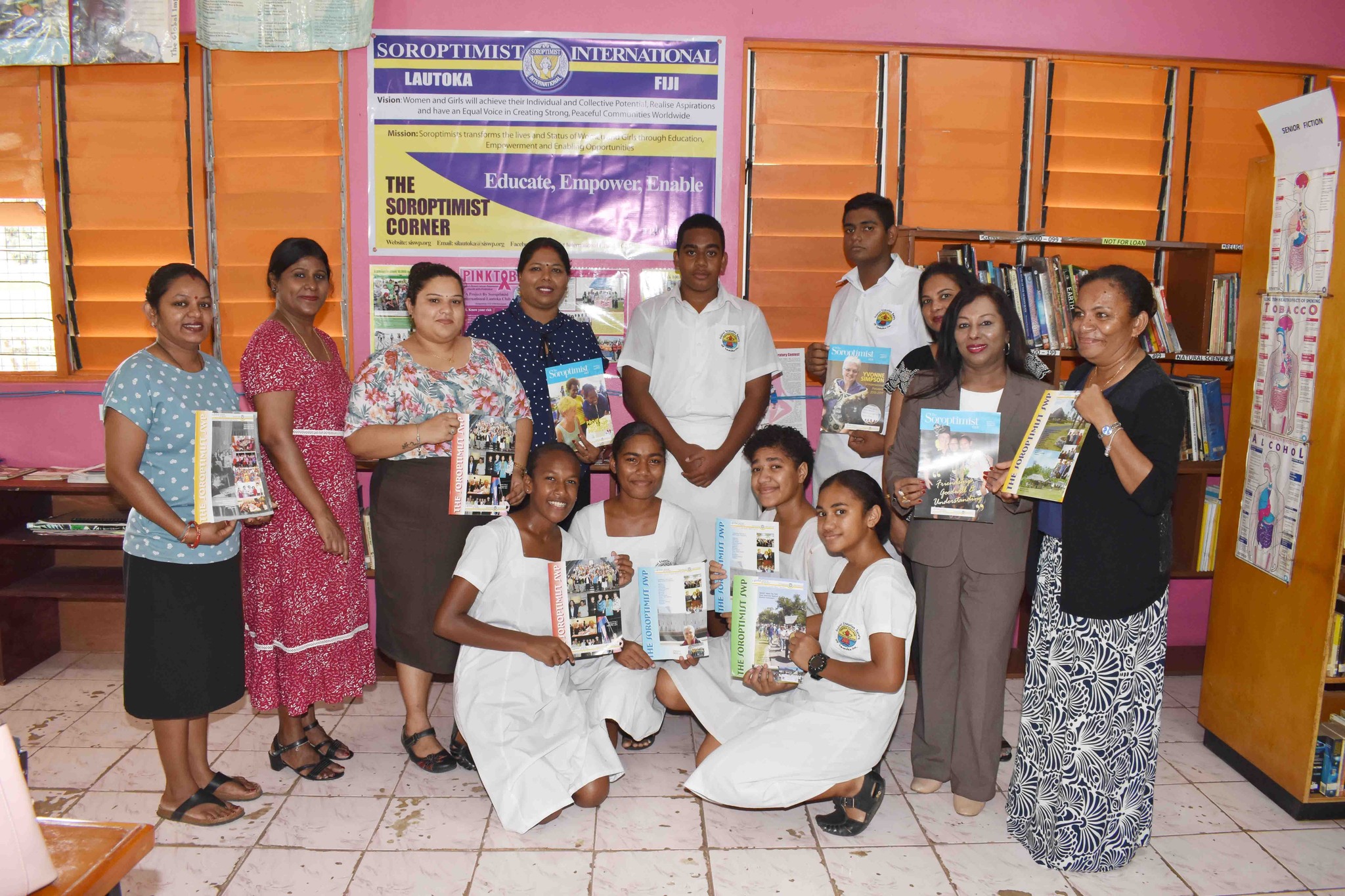
Literacy, Library supplies SI Lautoka
-

Literacy Leanning Conversational English SI Damansara
-
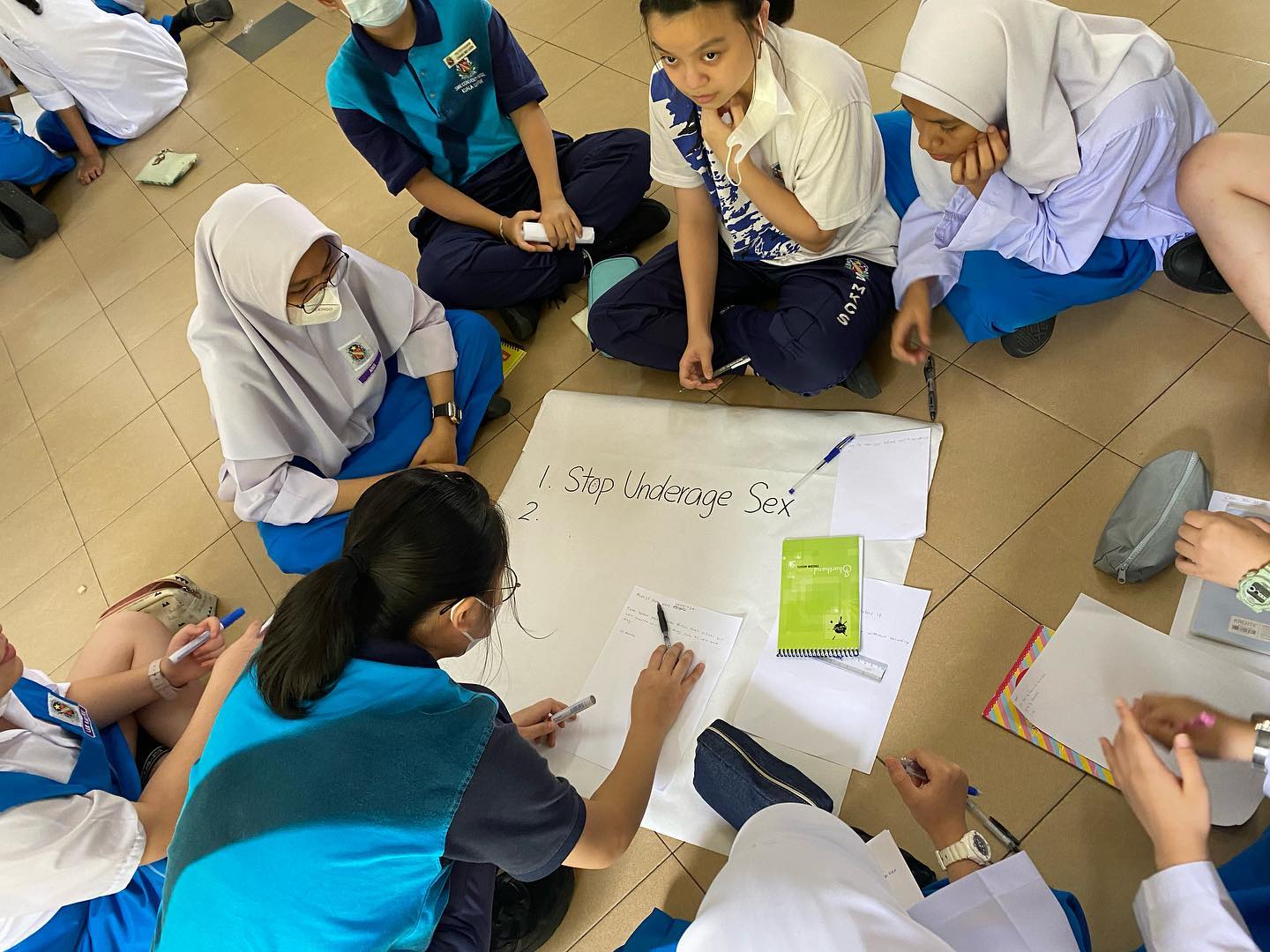
Healthy Relationships Region of Malaysia
-
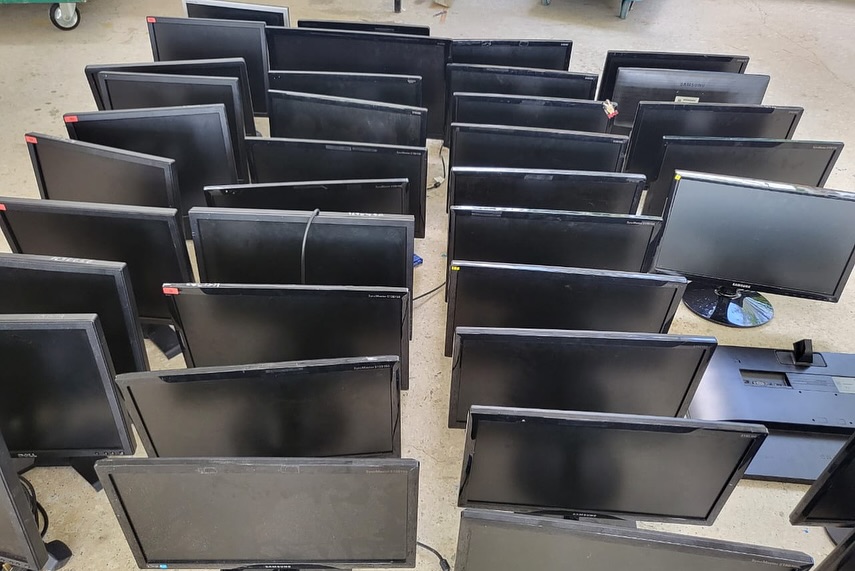
Equitable Education, School Supplies SI Penang
-
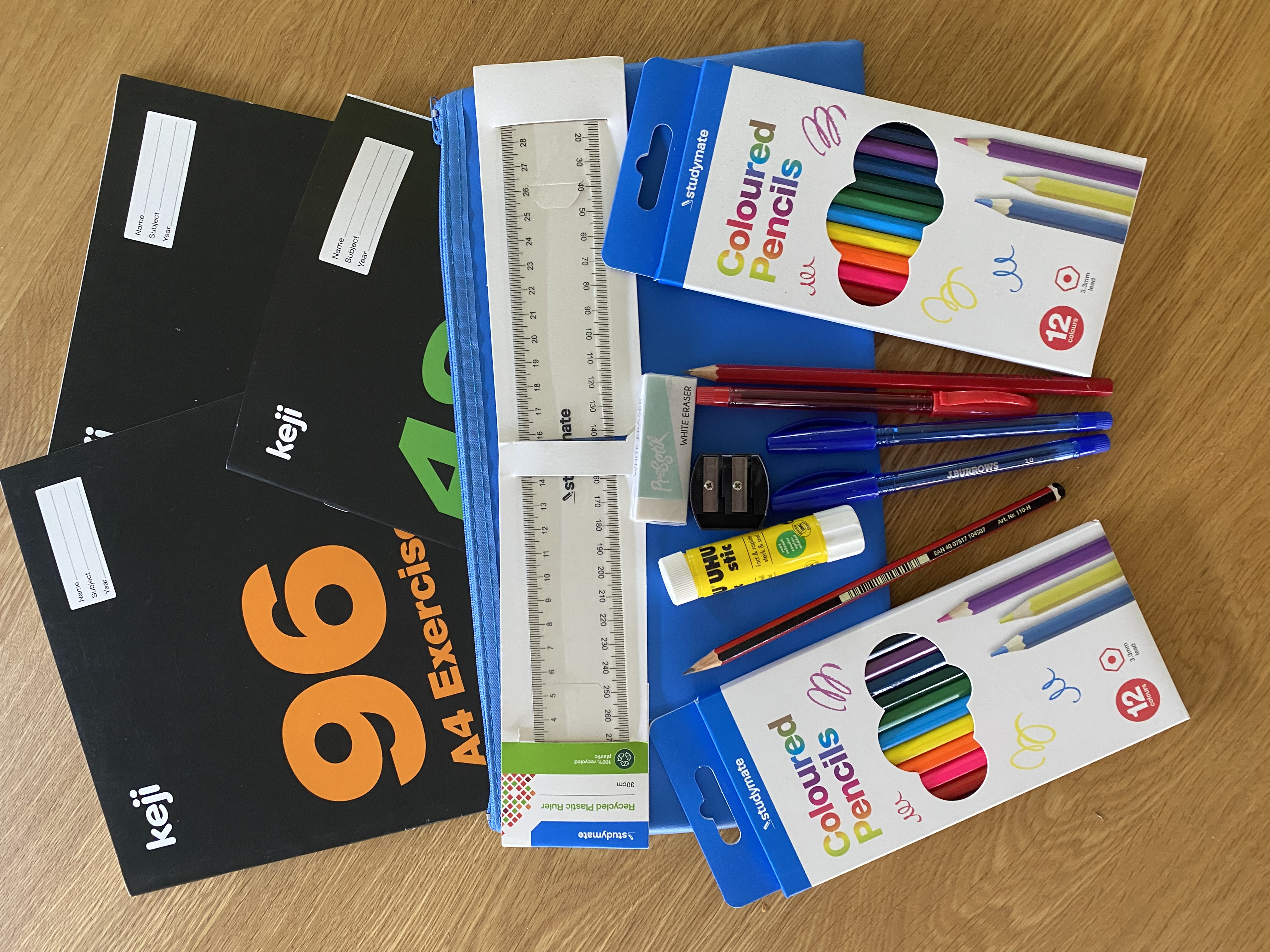
Equity in Education, School Supplies SISEAP
-

Leadership Public Speaking The Floor is Yours SI Joondalup
-
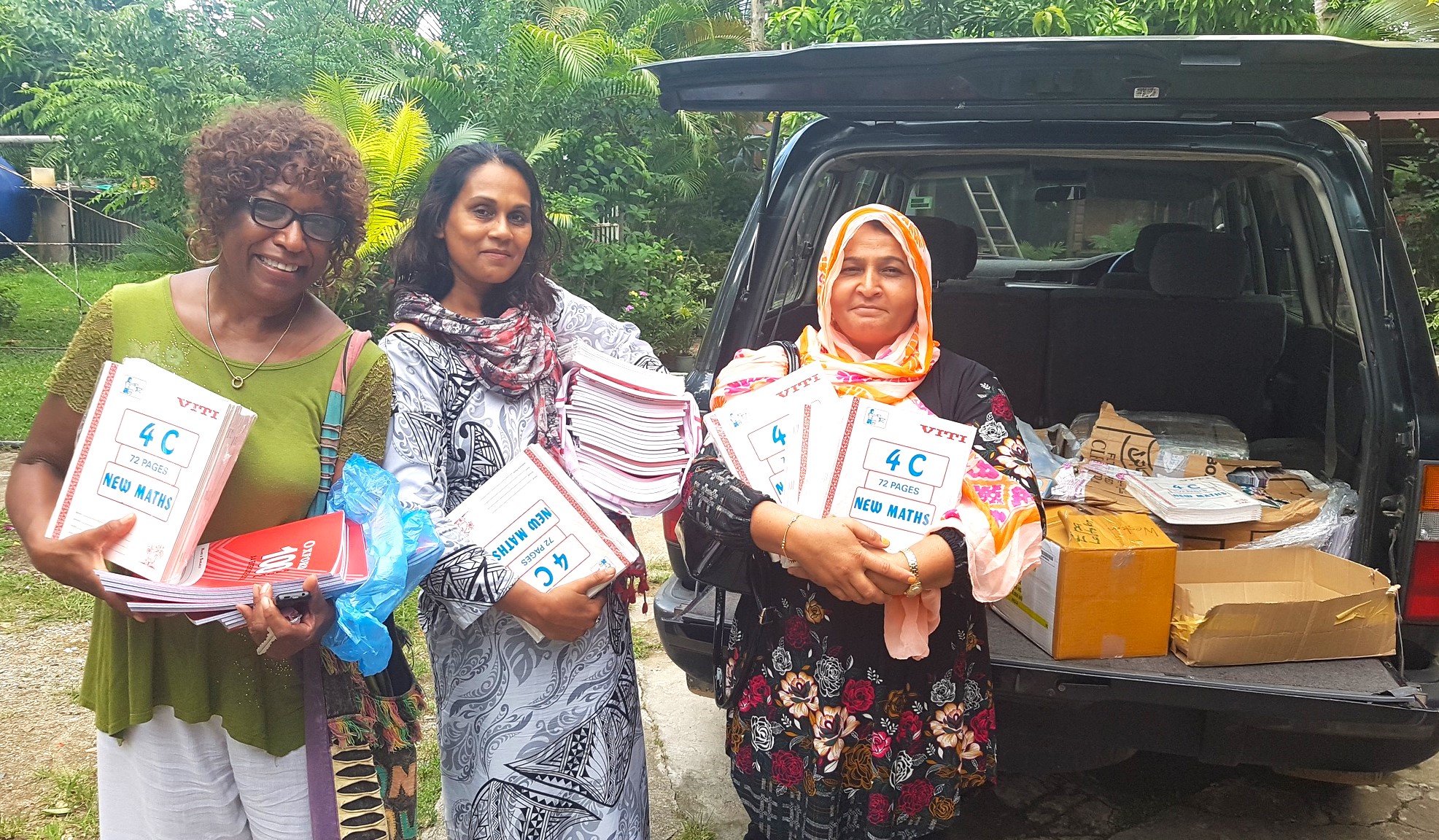
Equity in Education - FIJI
What Happens if we don't faciliate LifeLong Learning!
In Asia Pacific, the risk of modern slavery is high because those poorly educated populations are prime targets for economic exploitation, human rights violation, and international human trafficking. In 2022, 85 million people were on the move in our region. In 2024, IOM reports that where half the world’s population is in Asia Pacific, 40% of those are “migrants”. With 46% being women and 19% girls, there is a higher chance of forced labour, forced marriage, early pregnancies, sex trafficking and intensive manual labour. (UNODC 2022) There are restricted opportunities for those females to continue lifelong learning, or indeed a long life at all.
This age group (15-24 year old) is most at risk of poverty and exploitation
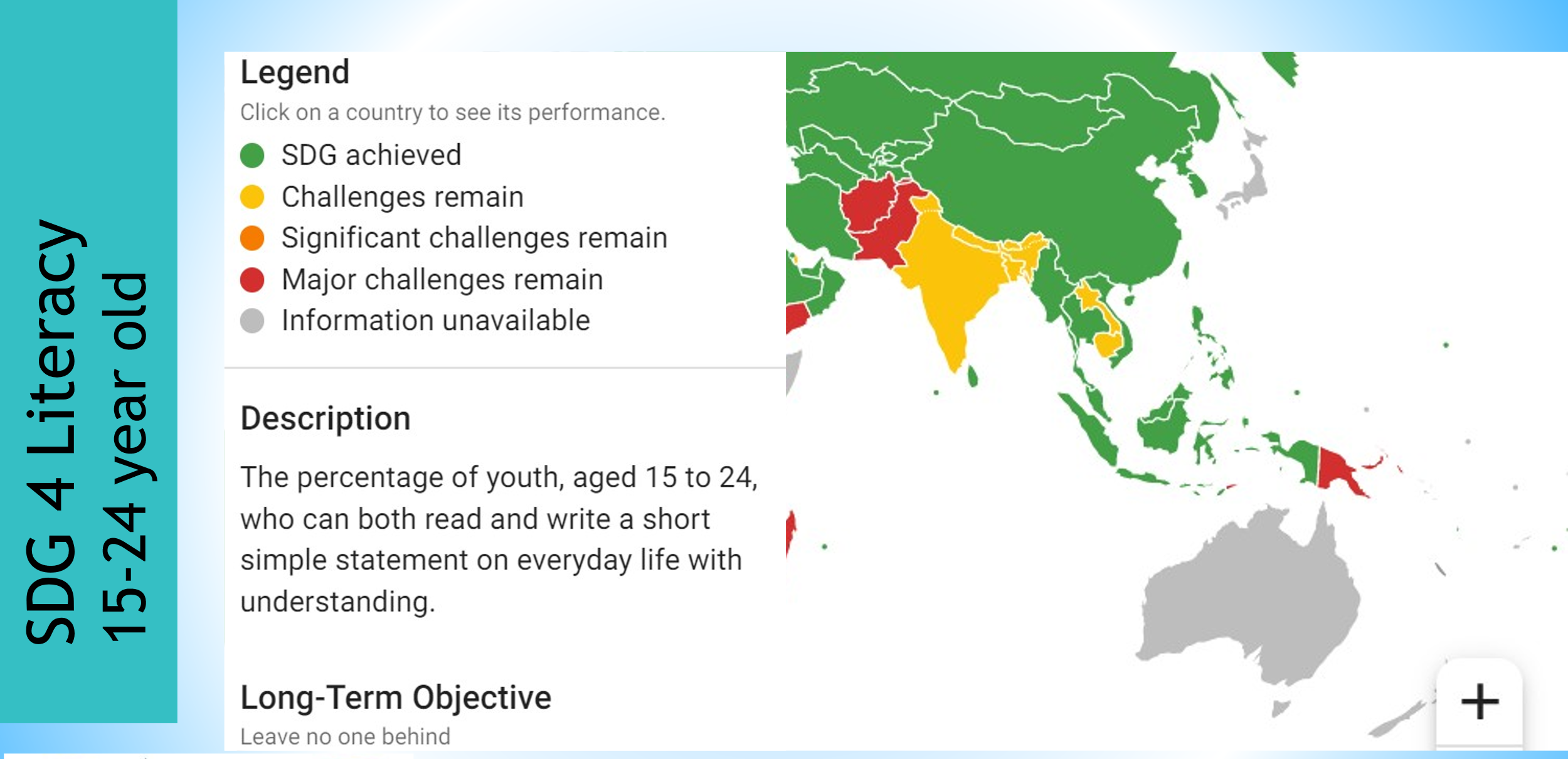
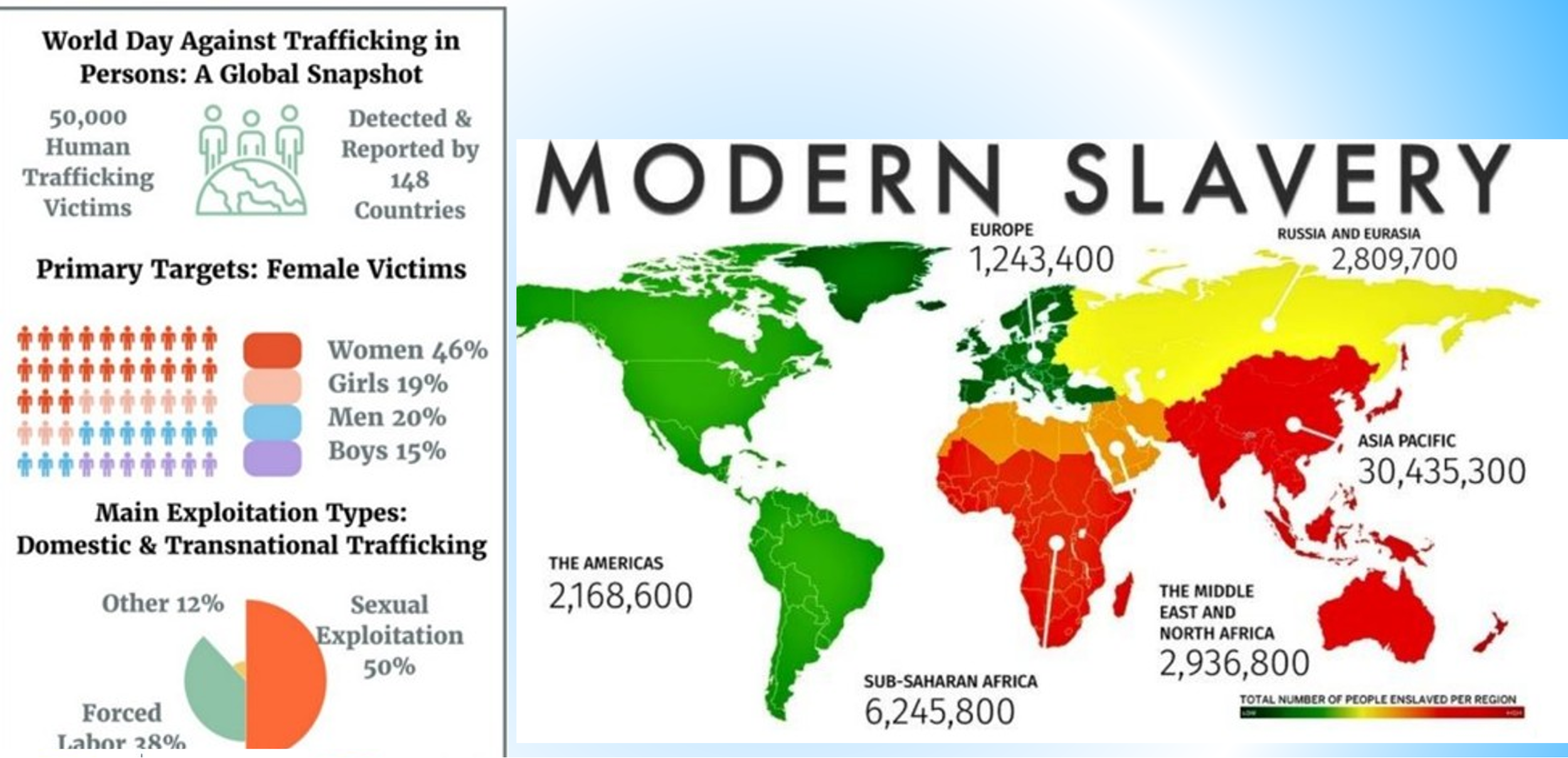
Source: UNODC and SDG 8.7 report card
Lifelong learning starts with a sound foundation to underpin continuing personal and professional development and those tools help for identifying and realising the unique potential of each person. This is the basis of a healthy future for the community, the economy, and in the pursuit of global goals.
Do you want to know more about SISEAP and the work we do. Clubs are always looking for new members, add your voice to our voices and make that change. Find out more here
